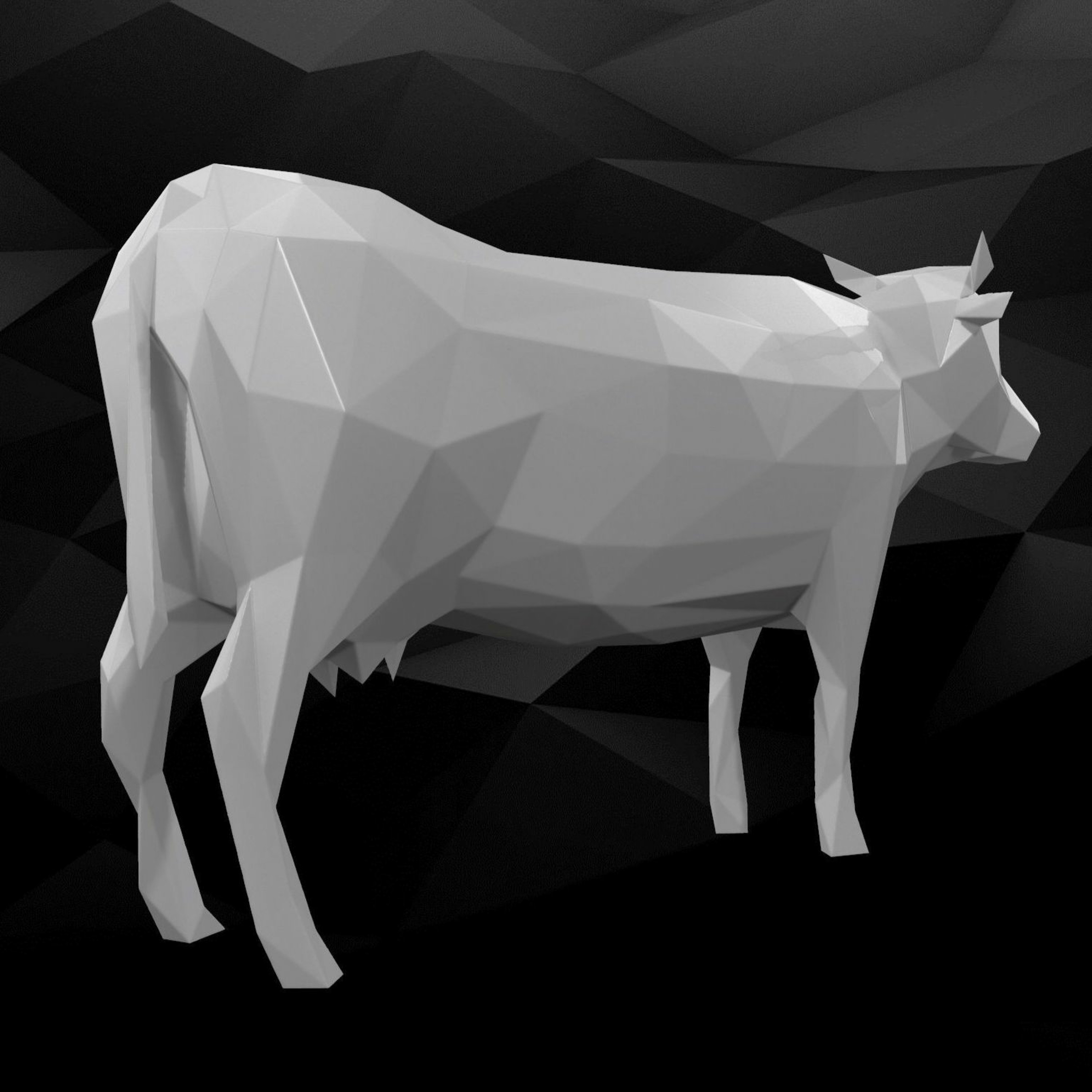- Culture
- SEE MORE
- classical
- general
- talk
- News
- Family
- Bürgerfunk
- pop
- Islam
- soul
- jazz
- Comedy
- humor
- wissenschaft
- opera
- baroque
- gesellschaft
- theater
- Local
- alternative
- electro
- rock
- rap
- lifestyle
- Music
- como
- RNE
- ballads
- greek
- Buddhism
- deportes
- christian
- Technology
- piano
- djs
- Dance
- dutch
- flamenco
- social
- hope
- christian rock
- academia
- afrique
- Business
- musique
- ελληνική-μουσική
- religion
- World radio
- Zarzuela
- travel
- World
- NFL
- media
- Art
- public
- Sports
- Gospel
- st.
- baptist
- Leisure
- Kids & Family
- musical
- club
- Health & Fitness
- True Crime
- Fiction
- children
- Society & Culture
- TV & Film
- gold
- kunst
- música
- gay
- Natural
- a
- francais
- bach
- economics
- kultur
- evangelical
- tech
- Opinion
- Government
- gaming
- College
- technik
- History
- Jesus
- Health
- movies
- radio
- services
- Church
- podcast
- Education
- international
- Transportation
- Other
- kids
- podcasts
- philadelphia
- Noticias
- love
- sport
- Salud
- film
- and
- 4chan
- Disco
- Stories
- fashion
- Arts
- interviews
- hardstyle
- entertainment
- humour
- medieval
- literature
- alma
- Cultura
- video
- TV
- Science
- en
#TIBR (The Irregular But Rendered) --- SynTalk

Can we avoid fractals if we want to? Are our fingers irregular? Is there thumb cancer? Or, toe cancer? Are all regular objects \u2018algebraically\u2019 representable? Are cones manifolds? Do cubes have an algebraic description? Can algebraic equations catch everything (?) that topology cannot? Might two visually indistinguishable manifolds vary dramatically? Can circles have a \u2018complex\u2019 structure? Do biological objects (including virus) have edges or points? Do multi scale interactions make hearts or kidneys regular? Do biological objects always (always) live in time? Can the open Euclidean space be put \u2018inside\u2019 another space? Can shape, volume, and size (say) tell us whether a biological organ is regular? Might there even be regularity across species? When/is cancer growth predictable? Can fractals only be approximated (algebraically)? Why can\u2019t biological objects be thought of only computationally? Is it easy to tell irregularity and complexity apart? Is \u2018too complex\u2019 as good as irregular? Can irregularity be no-where-dense? Why is 3-dimensional space much more complicated than spaces with both higher and lower dimensions? Will biology have to take the material properties (hardness, etc.) into account in the future? SynTalk thinks about these & more questions using concepts from cell biology (Dr. Ramray Bhat, IISc, Bangalore), & algebraic geometry (Dr. Amalendu Krishna, TIFR, Mumbai). Listen in...